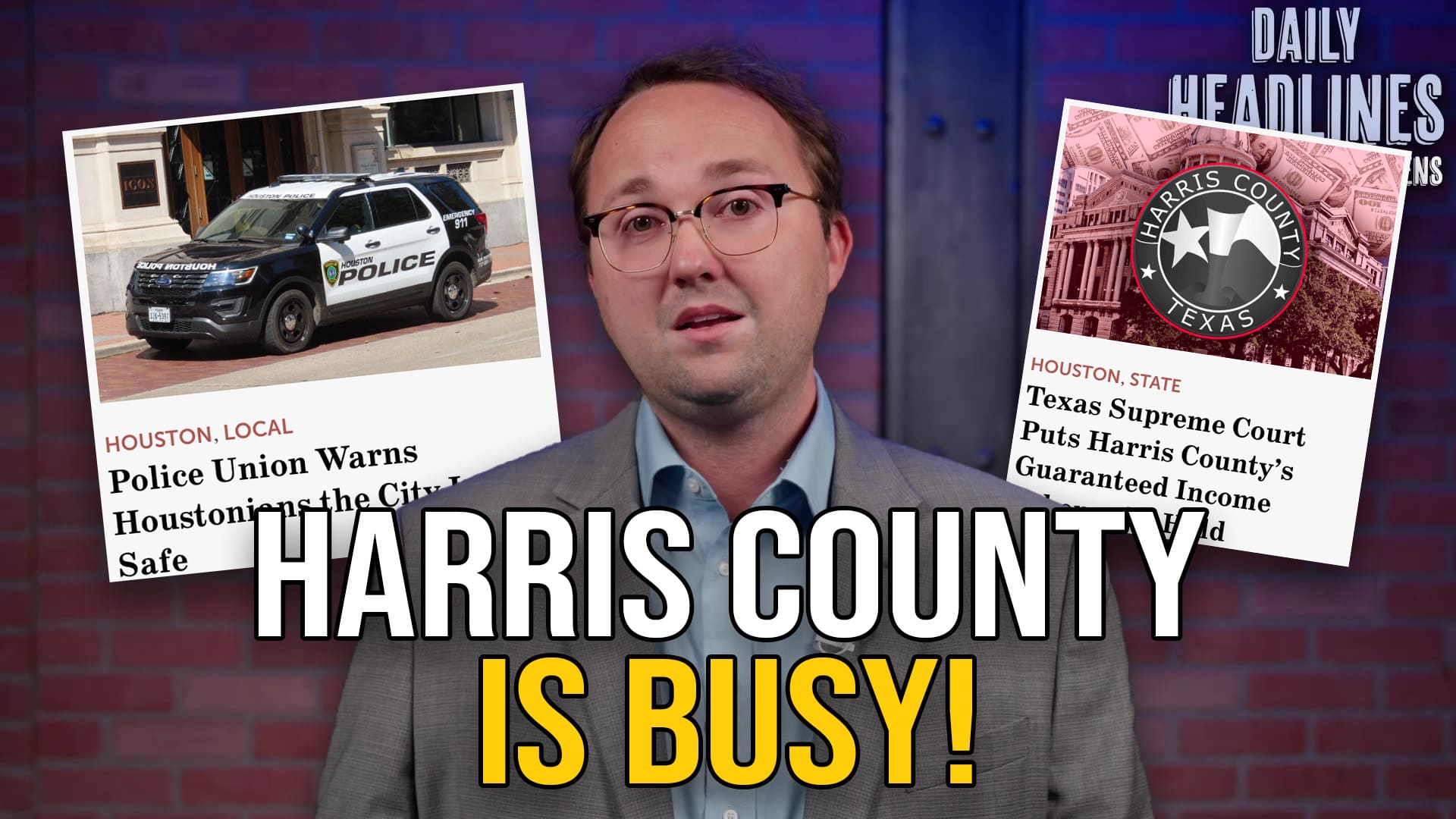The City of Austin is considering an ordinance that will force businesses to provide paid sick leave for all employees. Yet nationwide evidence shows that sick leave mandates have only harmed consumers, employers, and most importantly, workers themselves.
The ordinance is presented as a straightforward proposition: employees deserve paid time off when they are sick. All businesses should provide for that. End of story. This is how supporters are framing the discussion.
“It’s a public health issue and it’s a basic human right issue,” said City Council Member Ann Kitchen.
“Everyday Texans understand that giving somebody time off to take care of a sick child is just the right thing to do,” Council Member Greg Casar said. “If anyone in the Legislature thinks otherwise, I would be ready to have that kind of conversation.”
The ordinance itself states that “Denying earned sick time to employees is: unjust, is detrimental to the health, safety, and welfare of the residents of the City; and contributes to employee turnover and unemployment, and harms the local economy.”
This framing however creates a false binary choice: either support the mandate, or be against providing for sick people. In reality, this is not the case.
The problem is how to provide for sick workers, which everyone wants to solve. Using government force to do that is by no means the automatic best solution. In fact, every bit of evidence shows that a government mandate actually makes problems much worse.
A comprehensive report by the Freedom Foundation examined the effects of mandated sick leave policies in major cities across the nation. Results showed that when required to pay sick leave, employers were often forced to raise prices, cut employee pay and benefits, and even lay off workers. Additionally, the report found that “The promised benefits of mandatory sick leave laws fail to materialize. Turnover remains unaffected and the alleged savings for employers are illusory.”
Furthermore, “No evidence indicates that paid sick leave regulations noticeably reduce presenteeism,” according to the analysis.
The real-world consequences of this mandate directly contradict what supporters claim.
Businesses in Austin are warning of these same negative results if the government decides to force this costly policy upon its citizens. In an employer survey, the Austin Independent Business Alliance reported that:
“Many businesses said that they would need to cut other benefits such as planned raises, overtime opportunities or schedule flexibility to pay for paid sick days. Others would lay off employees to comply with this policy. Some even stated that they would move out of Austin city limits, citing this as the final straw from a city they don’t believe supports them.”
Austin employer Mark Turpin, founder and CEO of The HT Group, expressed his concerns with the mandate. “I’m a business owner with over 300 employees in the Austin area. I’ve estimated the City Council’s mandate will cost my company about $5,000 a week — just to meet a rigid policy that will not be in the best interest of most of my employees.”
The demonstrated effects of such a mandate are clear: when businesses have costs forced upon them, everyone loses. Consumers are harmed by higher prices on everyday goods and services. Workers lose pay, hours, and even their jobs. Employers have less money to hire new people, offer customized employee benefits, and grow the economy.
Austin is in the midst of an affordability crisis, yet the city government is considering a mandate that has been shown to cause substantial harm to all citizens.
“One of the great mistakes is to judge policies and programs by their intentions rather than their results,” Nobel Prize-winning economist Milton Friedman said.
If the city’s goal is to truly improve the condition of all its citizens, it must earnestly and critically look at real-world evidence to determine the best policy solutions, not simply use good intentions as the justification. One may sincerely want to make delicious lemonade, but pouring in a heaping amount of salt instead of sugar will make a disastrous product.
The City of Austin is expected to vote on the mandate February 15.





